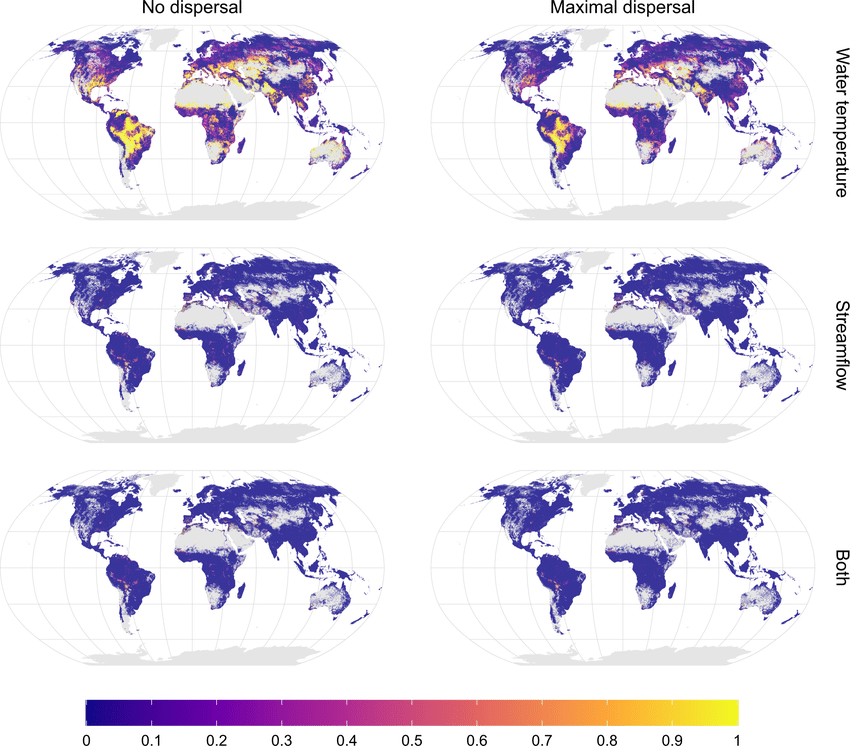Experts have said that water temperatures in the Gulf of St. Lawrence have reached record highs, warning that the increase could impact some species that live in the waters.
According to the experts in a new research published by Fisheries and Oceans Canada, warming ocean temperatures — specifically those in deep water — set more records in the Gulf of St. Lawrence in 2021 than in the past 40 years.
Read also: WMO says 2021 joins top 7 warmest years on record
The findings from Fisheries and Oceans Canada are part of a global trend amid climate change. The world’s oceans were the hottest on record in 2021 for the sixth straight year, which scientists say is largely due to fossil fuel emissions.
The findings by the experts include that water temperatures at depths of 200, 250 and 300 metres hit highs of 5.7 C, 6.6 C and 6.8 C, respectively, over the past year.
According to Department of Fisheries and Oceans scientist Peter Galbraith who analyzed the temperature changes in the different layers of the water, “temperatures in the cold intermediate layer of the water are the warmest scientists have seen since they began collecting such data”.
Galbraith said that the change in temperatures has happened quite suddenly, posing a risk to species in the gulf that may not be able to quickly adapt.
He further explained that the warming waters affect the habitat for snow crabs and shrimp, among other unique sea creatures and animals that rely on the gulf’s ecosystem.
“If you were to have asked me 15 years ago ‘Could the Gulf of St. Lawrence get this warm?’ I would have said, ‘No, impossible,'” Galbraith said, warning that water temperatures in the gulf are reaching a breaking point.
“We are close to that ‘as warm as it can get’ limit,” Galbraith said.
